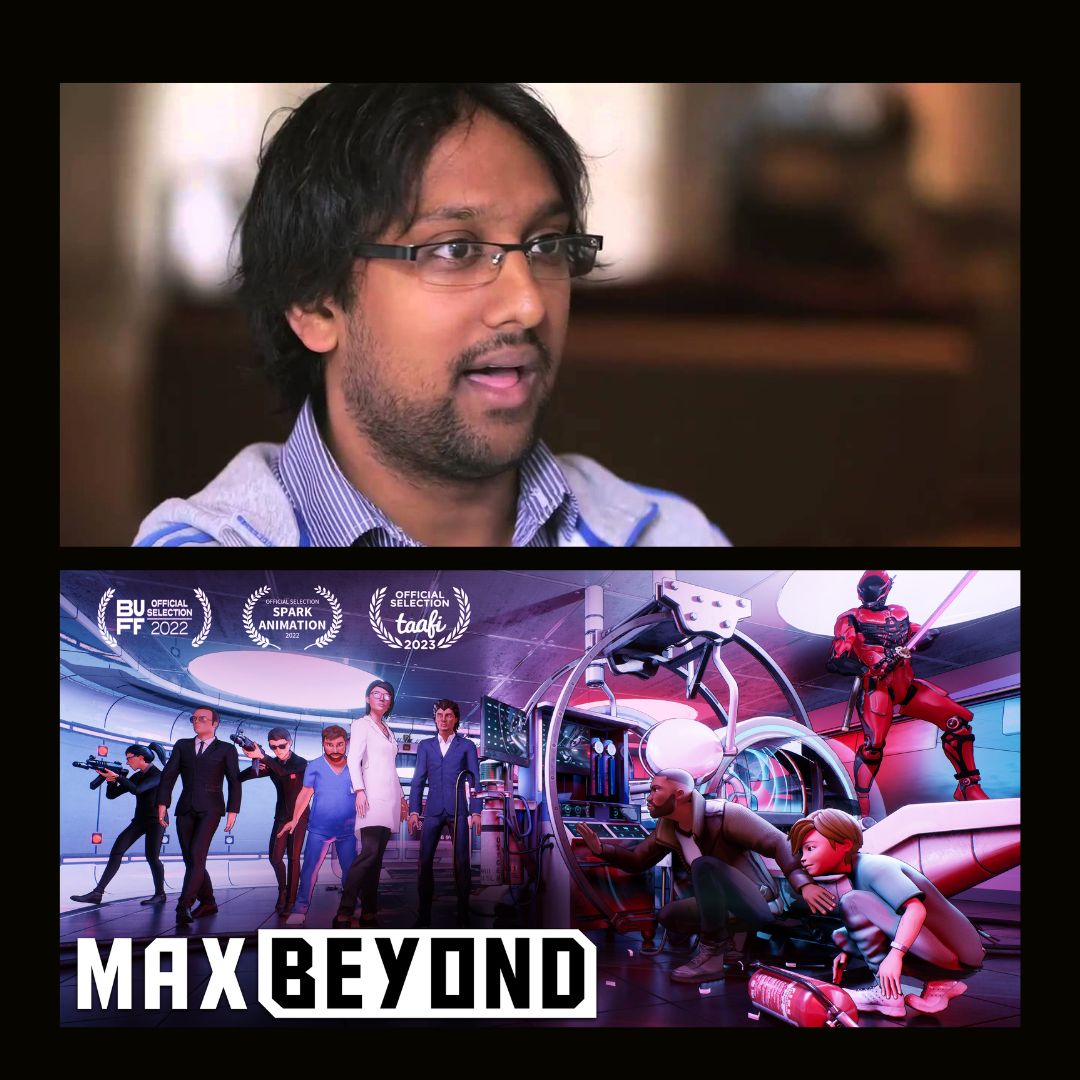Insight: Reaction Culture’s Response To “Apu” And “Szechuan Sauce” Offers Terrifying Glimpse Of Fan-Creative Control On Art
Let’s put an end to this notion RIGHT now.
TMZ recently had a chance to catch up with Hank Azaria, clearly dashing to his flight, to ask him about his thoughts on The Problem with Apu, a South-Asian comedian’s slanted take on the character of “Apu” on The Simpsons. Hank noted, as a result of the issues brought up, that the producers of the series are taking into consideration the future of the character.
TMZ also had a chance to catch up with Justin Roiland, also trying to find his means of transportation to, I’m assuming, go somewhere. The Rick and Morty creator was asked about the fall-out from the Szechuan sauce gag made in the show’s April Fool’s Day season three premiere episode.
What do these two things have in common? Both television shows, representatives of art culture are RESPONDING to a growing trend of “Reaction Culture” that could have negative repercussions on the future of entertainment. What is reaction culture?
Welp, reaction culture is like a swarm of flies racing to be the first ones to get on the freshly logged pile of shit that just came out of your dog outside. Today, it’s SO easy to just overreact to a topic that may or may not have any merit whatsoever with no care of the outcome or result of that overreaction. So, when fake press writes a bunch of silly click-bait articles about the fervor of a sauce from McDonald’s or when a struggling comedian attempts to make a name for himself on the popular extremist liberal bandwagon that can be found in such places as here, here, aannnnd here, it gets a lot of digital ink that causes results without any further investigation into the topic by pretend journalists.

Instead, reaction culture gets traffic to the aforementioned publications, that allow that publication to dissuade readers from real ongoing issues like when Vice News reports on The Problem with Apu in hopes that you won’t pay attention to their ongoing sexual harassment allegations and instead join the increasingly liberal millennial-focused publication’s own troubles. Buzzfeed doesn’t want you to know about their Q4 earnings calls and recent layoffs, so they do the same thing. IGN.com, Ain’t It Cool News, Honest Trailers, all media outlets going through sexual harassment nightmares RIGHT at the top, all hoping that you’ll pay attention to silly bylines instead of troubles that will probably end up killing most if not all of those publications.
The best way to get attention is to go after an attention-getter.
I heard that in a movie once several years ago, and it’s always stuck with me. We live in an attention-starved social reactive society that sees human beings swarm to terms like “allegations”, “racism”, and “scandal” and instead of being conditioned to sort out all of the facts and listen to reason, we live in a culture that is upset about the fact that Facebook and Twitter had thousands of Russian trolls setting up political events but with Americans not flagging the sources of whom set up these events. We live in a society where we think digital currency has merit. And we live in a society where extremist liberals and right-wing conservatives are just as dangerous to the foundation of American culture as ISIS, if not more so, but nothing is done to quell their uprisings that are largely comprised of people who are just looking to belong to a group.
Almost right on cue during these sensationalist times, in comes The Problem with Apu, a documentary produced by comedian Hari Kondabolu looking for racism on The Simpsons, and claiming to make a find. He really doesn’t, but reaction culture is as such where it doesn’t matter because they just want the headlines that appeal to an extreme liberalist millennial audience because the advertisers are offering big bucks for those eyeballs at the moment. But, if fans REALLY pay attention to The Problem with Apu, you’ll see a producer who is not understanding of art culture. Art, as it has always been, is a reflection of the society from the viewpoints of the people who produce that art.

For example, there’s a scene featuring archival footage of Hank Azaria offering up his tale on how the voice of an idea of Apu came to pass, and in that clip, he talks of going to a 7-Eleven, mind you this is the mid-80s, in Southern California, and his interactions with someone working at one of the stores and that became the catalyst for how Apu came to be. Yes, the person working at 7-Eleven happened to be South Asian with a thick accent that lent itself to the inspiration for a character in a show, what Hari fails to do is specifically show, HOW that is in anyway a racist gesture. It’s not like Hank grabbed the guy from behind the counter, dragged him outside, and beat the shit out of him for being Indian…BECAUSE THAT WOULD BE RACISM.
The scary thing about the producers of The Simpsons potentially changing Apu to meet the socially skewed needs of a small few is that they are now allowing themselves to be dictated by agenda-driven masses, which is not the purpose of art. Art is supposed to inform the masses of REAL bigotry, separation, and silliness of judging others simply for what they look like, they believe in, or how much money they make. Hell, how many times have we written this year about The Simpsons or Family Guy predicting the future and calling out the REAL troublemakers of society? Apu is not a troublemaker for society, and he’s certainly a far cry from even Hank’s initial inspiration for the character, a cranky guy probably working a late shift in the midst of a 50 hour work week just so he can eek out a living to make a better life for his children. Instead, Apu is a rather light-hearted and sweet guy who appears to be a successful business owner and has given fans of The Simpsons countless laughs over the course of 30 seasons. How, in any way, is that a negative stereotype of anyone? If anything, that’s the American dream! Thousands of people a day are trying to get into America, both legally and illegally, to have HALF the life that Apu has had.
The Simpson producers have successfully given us a character that is part of an artistic reflection of the REAL societal scares that should be talked about. Springfield isn’t a community torn apart by politics that feature characters keeping their teachers hostage in a school because of “micro-aggressions” or depicting an angry mob pissed off because a statue of General Lee is being removed. As far as I’m concerned, Springfield is a hopeful reflection on a society that sees that people have way more in common than they don’t.
We could use more like it…

























Hi Ashley, thank you so much for reading and we love the feedback. Note that on that day we had 14th posts go up and only ten posts show on the front page, so it's possible the preview had already been archived by the time you got to it. One recommendation would be to add our RSS feed to your favorite news aggregator service like Feedly, this way you get all of the latest posts!